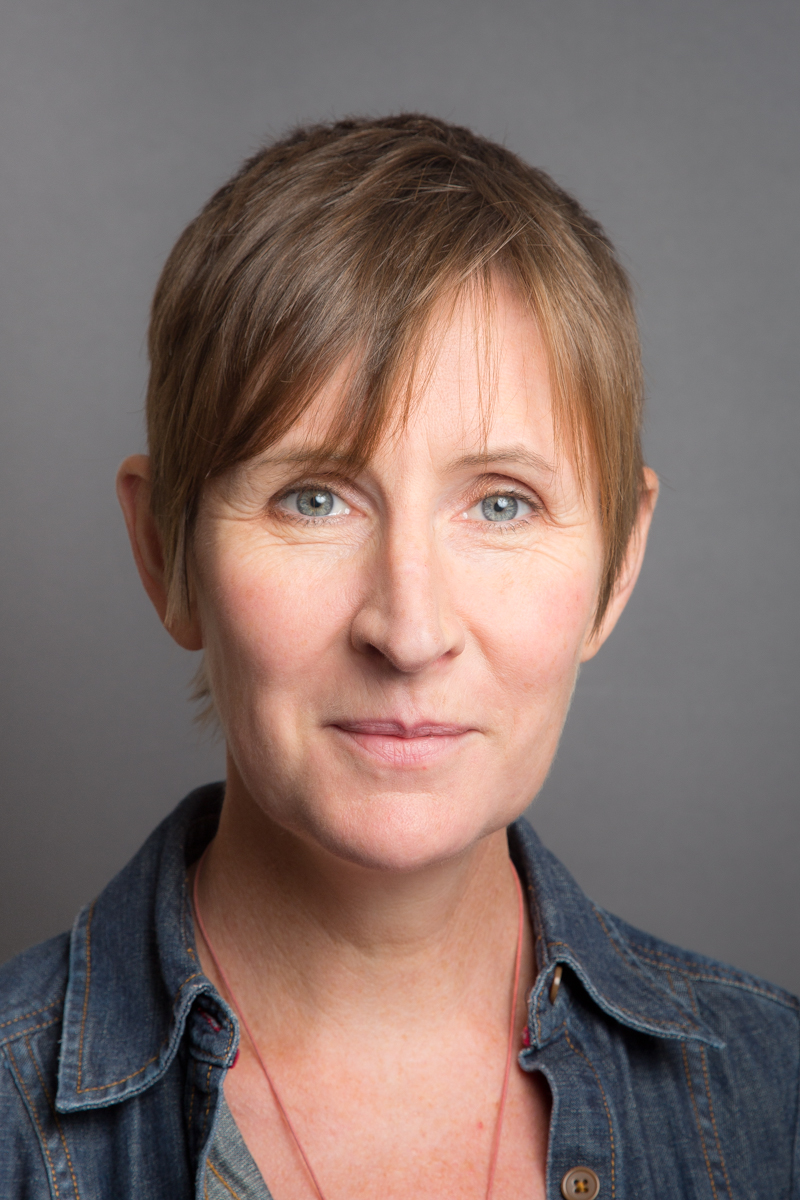MHIN 1: Community engagement systems for people from ethnic minority communities to improve access to mental healthcare
This research project was led by Professor Dawn Edge, Director of the Equality, Diversity and Inclusion (EDI) Research Unit, Greater Manchester Mental Health NHS Foundation Trust.
What were we trying to do?
The Patient and Carers Race Equity Framework (PCREF) is an important part of the NHS Advancing Mental Health Equalities Strategy and is used to support NHS Trusts to improve mental health service access, experience, and outcomes for people in communities that experience racial inequalities in healthcare. It seeks to embed anti-racism within Trusts across three themes: Leadership and Governance, National Organisational Competencies, and Patient/Carer Feedback Mechanisms.
Greater Manchester Mental Health NHS Foundation Trust (GMMH) was one of four pilot sites developing and implementing the Patient and Carers Race Equity Framework. Situated within the anti-racism theme of “National Organisational Competencies”, GMMH commissioned eight organisations from the Black, Asian, and Minority Ethnic Network (BAME) in Manchester to run a series of ‘sounding boards’. These sounding boards explored some of the things that made accessing mental health services easier or more difficult for people from BAME communities.
Together with the Greater Manchester Integrated Care Board (ICB), GMMH funded 31 Voluntary, Community, and Social Enterprises (VCSEs) to develop innovative, culturally appropriate, community mental health services as part of Culturally Appropriate Services Fund (CASF) to address three priorities from the sounding boards:
- Inclusive Coproduction
- Culturally Appropriate Services
- Inclusive Partnerships.
A small team consisting of Professor Dawn Edge (Director, EDI Research Unit), Cath Prescott (Head, EDI Team), and Juliana Morimoto (Senior Research Assistant, EDI Research Unit) did an evaluation of this fund for two years.
Why was this important?
Manchester is one of the most diverse cities in England, with 43% of the population coming from a BAME background.
We know that people from ethnic minorities experience health inequalities when accessing and receiving mental health services. To reduce health inequalities, we need to understand whether initiatives created for this purpose are working as they should, both from the perspective of service users and healthcare providers.
How did we do it?
We evaluated the CASF in the following ways:
- Assessed whether a clear model was established which allowed community-led groups to work in partnership with service providers.
- Assessed whether culturally appropriate mental health services in Greater Manchester (GM) were suitable and effective.
- Evaluated people’s access to culturally appropriate mental health services in GM, with the aim of improving their experience of services and measuring outcomes.
Phase 1
During phase 1 of the project, from November 2022 to September 2023, an evaluation framework was developed, with four main themes:
- Partnerships and integrated mental health services
- Access
- Experience
- Outcomes.
An evaluation also took place during phase 1, with a survey used to collect information from service users. Data was also collected on how often services were accessed and which people accessed them. A report was submitted to the GM ICB, at which point further funding was secured.
Phase 2
During phase 2 of the project, the evaluation framework was developed further to inform the collection of detailed information about how culturally appropriate CASF services are. We used the following approaches:
- Quantitative (measurable data, usually numbers): The evaluation team collected and analysed service access data from all services commissioned through the GM ICB CASF.
- Qualitative (descriptive data, usually words): The evaluation team worked with the Manchester BME Network to interview service users, providers, and health professionals.
Using the collected information, a set of culturally appropriate user profiles was created, to support the design of culturally appropriate mental health services going forward.
Findings
Implementation of the PCREF at the Greater Manchester Mental Health Trust (GMMH) was evaluated and focused on governance and leadership, organisational competencies and feedback mechanisms for implementation of PCREF. There was also a focus on community engagement with voluntary and community sector organisations and we highlighted inclusive communications as an important feature needed for implementing PCREF.
In March 2024, the MHIN team held a webinar on findings from the first phase of this project:
In March 2025, another webinar (see below) was held focusing on the role of system partners to implement the PCREF. Alongside ARC Yorkshire and Humber, we shared insights from our work with system partners including NHS England Advancing Mental Health Equalities Programme to understand practices that strengthen or hinder implementation of PCREF. We are developing tools and resources for Integrated Care Boards (ICBs) and NHS trusts to support them with implementing PCREF.
Who did we work with?
We worked with a range of partners, including:
- Greater Manchester Integrated Care Board (GM ICB)
- Mental Health Implementation Network
- Black, Minority Ethnic (BME) Network
Funding information
This project was funded by the NIHR Mental Health Implementation Network as part of the NIHR Applied Research Collaboration South London.
More information

Programme Manager
Gill Rizzello
Gill.rizzello@manchester.ac.uk